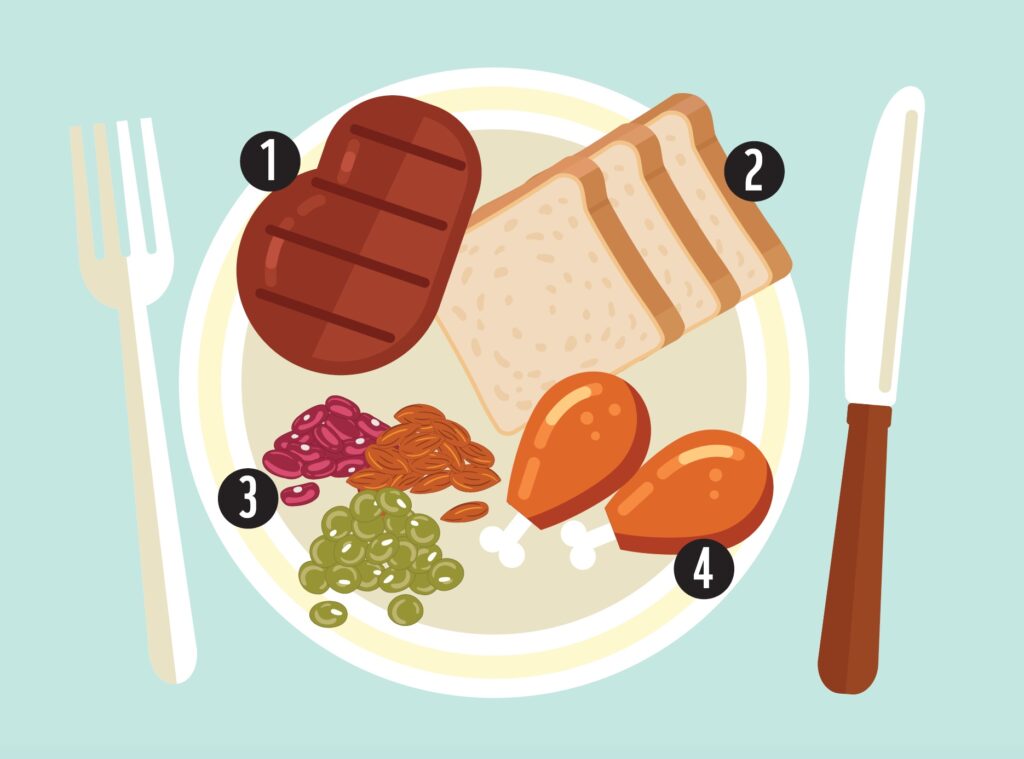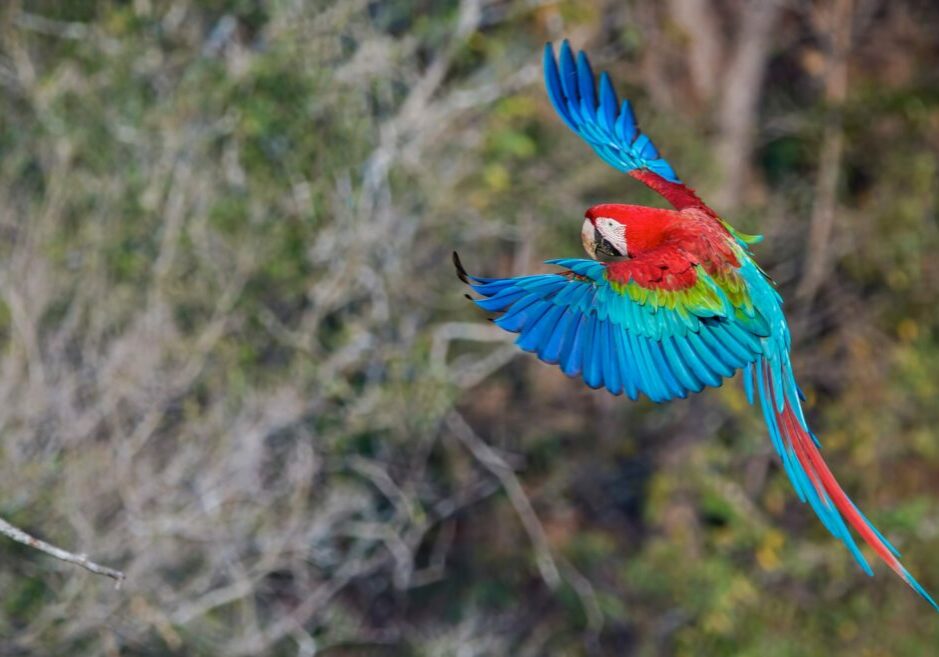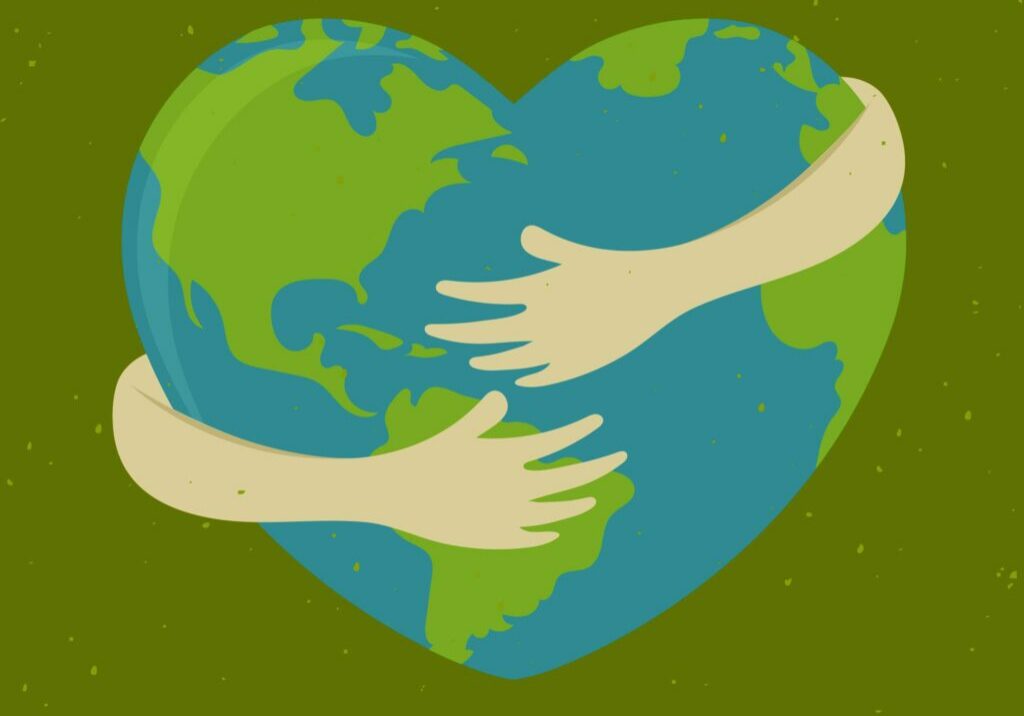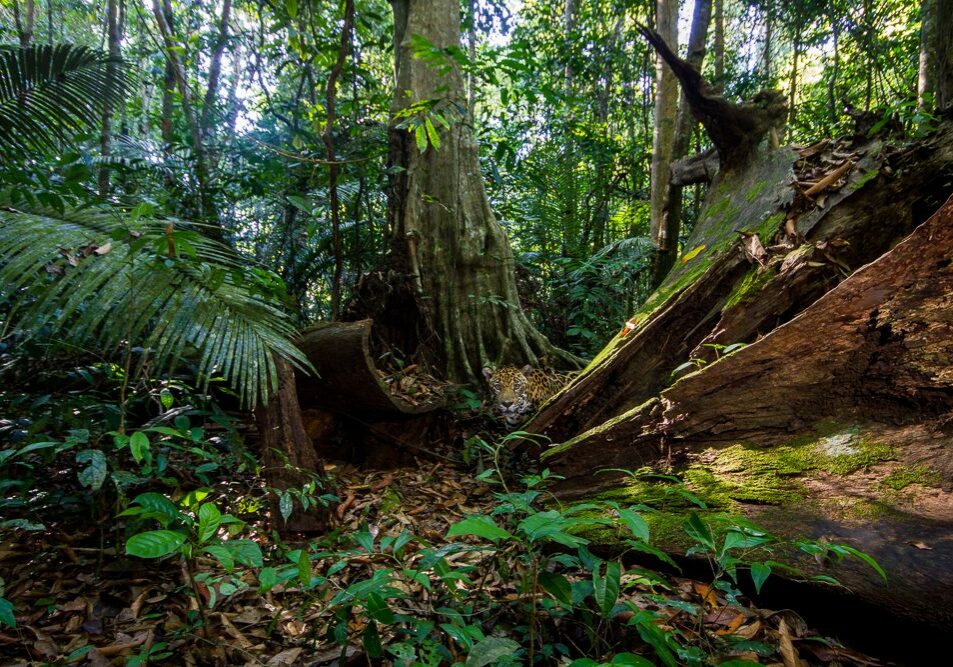You might be surprised just how much impact your food choices have on the planet – not least because so much of the environmental footprint associated with food is hidden.
Whether it’s the water used to grow crops, the waste from food packaging or the emissions related to deforestation, the way we produce and consume food is a huge threat to nature.
Together with our partner Tesco, we developed the WWF Basket to help food companies fix the system and halve the environmental impact of the average UK shopping basket by 2030. And at the COP26 climate summit in November, the Co-op, M&S, Sainsbury’s, Tesco and Waitrose pledged to slash their impact across climate, deforestation and nature by 2030 as part of our ‘Retailers’ Commitment for Nature’.
Businesses have a huge part to play, but as a consumer your understanding of the real costs of the ingredients in your meals can help you decide what to buy so you’re helping to protect the natural world. We’ve taken a look at what’s on our plates to reveal the underlying cost beyond the price that you pay in the shop, whether that’s deforestation in the Amazon or increased methane emissions from livestock. And we’ve suggested some alternatives that are good for you and the planet.

1 Beef
In some regions, such as the Amazon, clearance for new cattle pasture is one of the main drivers of deforestation. Most beef consumed in the UK is produced domestically or imported from Ireland but has a sizeable carbon footprint, partly because a lot of animal feed contains imported soy grown on cleared land in regions such as Brazil’s Cerrado. Pasture-fed beef has a lower carbon footprint.
2 Bread
Palm oil is used in nearly 50% of packaged products in supermarkets, including dried noodles, chocolate and bread. Forest clearance for oil palm plantations is a major driver of deforestation in Malaysia and Indonesia. It’s expanding in Colombia, too. However, palm oil is an incredibly efficient crop, and can be produced sustainably – look for the RSPO (Roundtable on Sustainable Palm Oil) logo when you shop.
3 Beans
Beans, peas and nuts are healthy and low-carbon sources of protein. A daily 150g serving of beans contributes just 36kg of greenhouse gas emissions each year, almost 80 times less than eating beef every day. (Average UK beef consumption – three 75g servings per week – contributes 1,325kg to greenhouse gas emissions annually per person. That’s equivalent to driving 3,380 miles, or four return flights to Málaga.)
4 Chicken
Chicken has a smaller carbon footprint than beef – 364kg of greenhouse gas emissions per person annually, based on an average person eating five 75g servings a week. But chickens are often given feed that contains imported soy, grown on cleared land in regions such as Brazil’s Cerrado. The UK imports around 3.3 million tonnes of soy for animal feed per year, requiring an overseas land area of 1.68 million hectares, nearly 11 times the size of Greater London, to grow it.
Cut your culinary carbon
By switching to a planet-friendly diet we could help lower emissions, halt deforestation, reverse nature loss, and reduce water use and pollution – while improving our health. Find out more.
More to explore

Appetite for destruction
The world’s forests are critical to the survival of our planet. Yet our food choices are driving them towards a tipping point. Find out how, together, we can keep these irreplaceable landscapes alive

